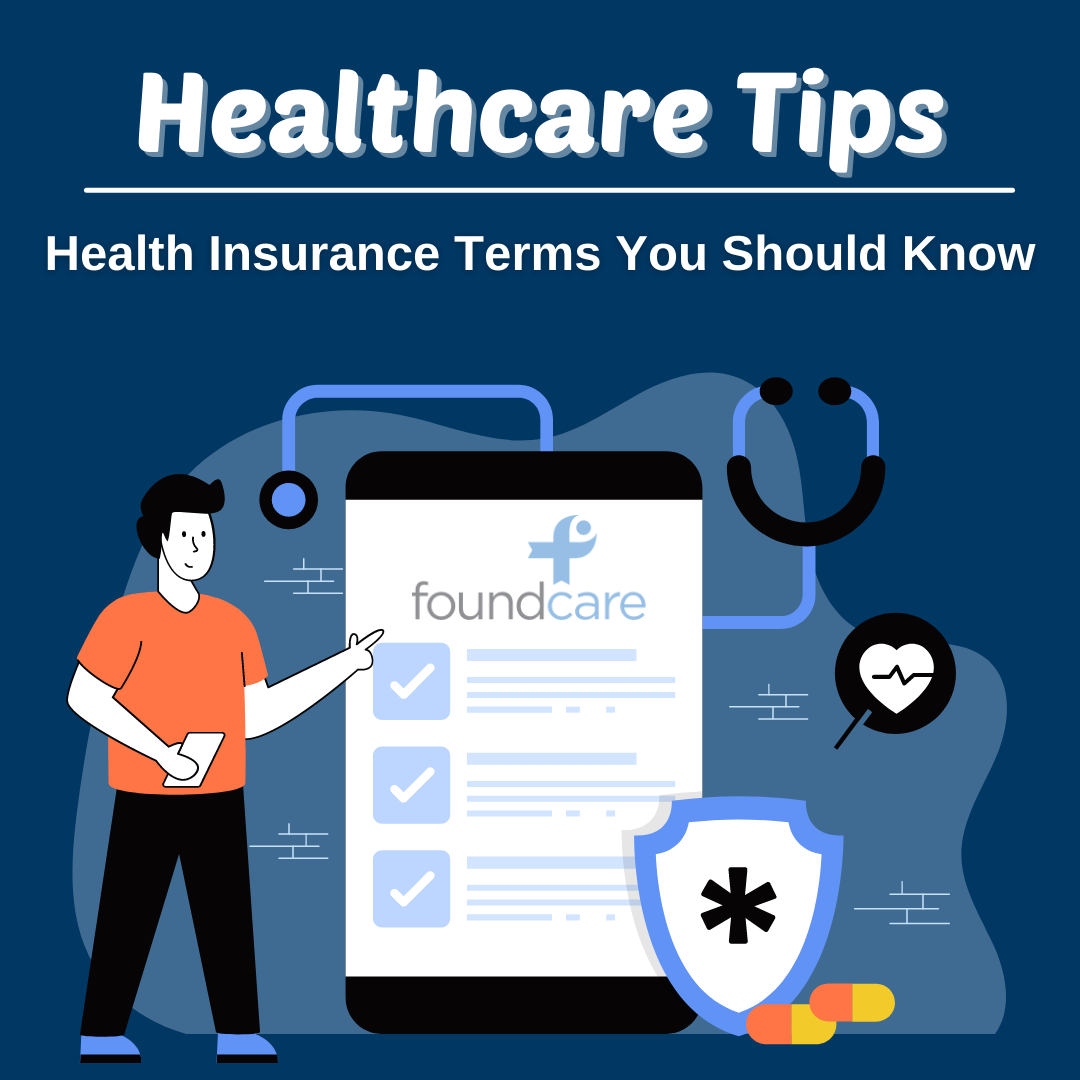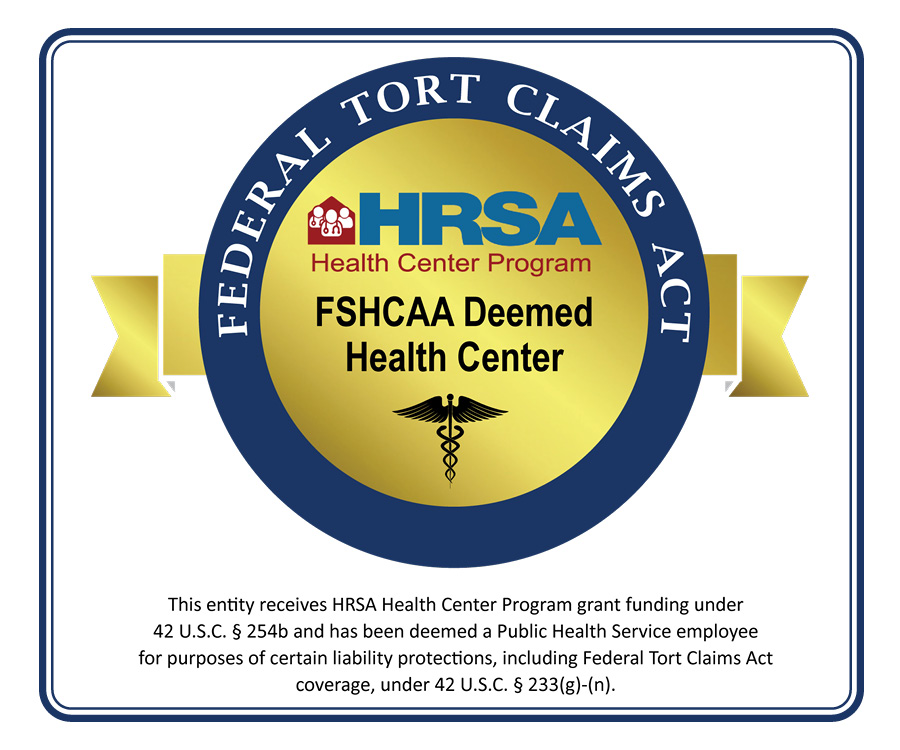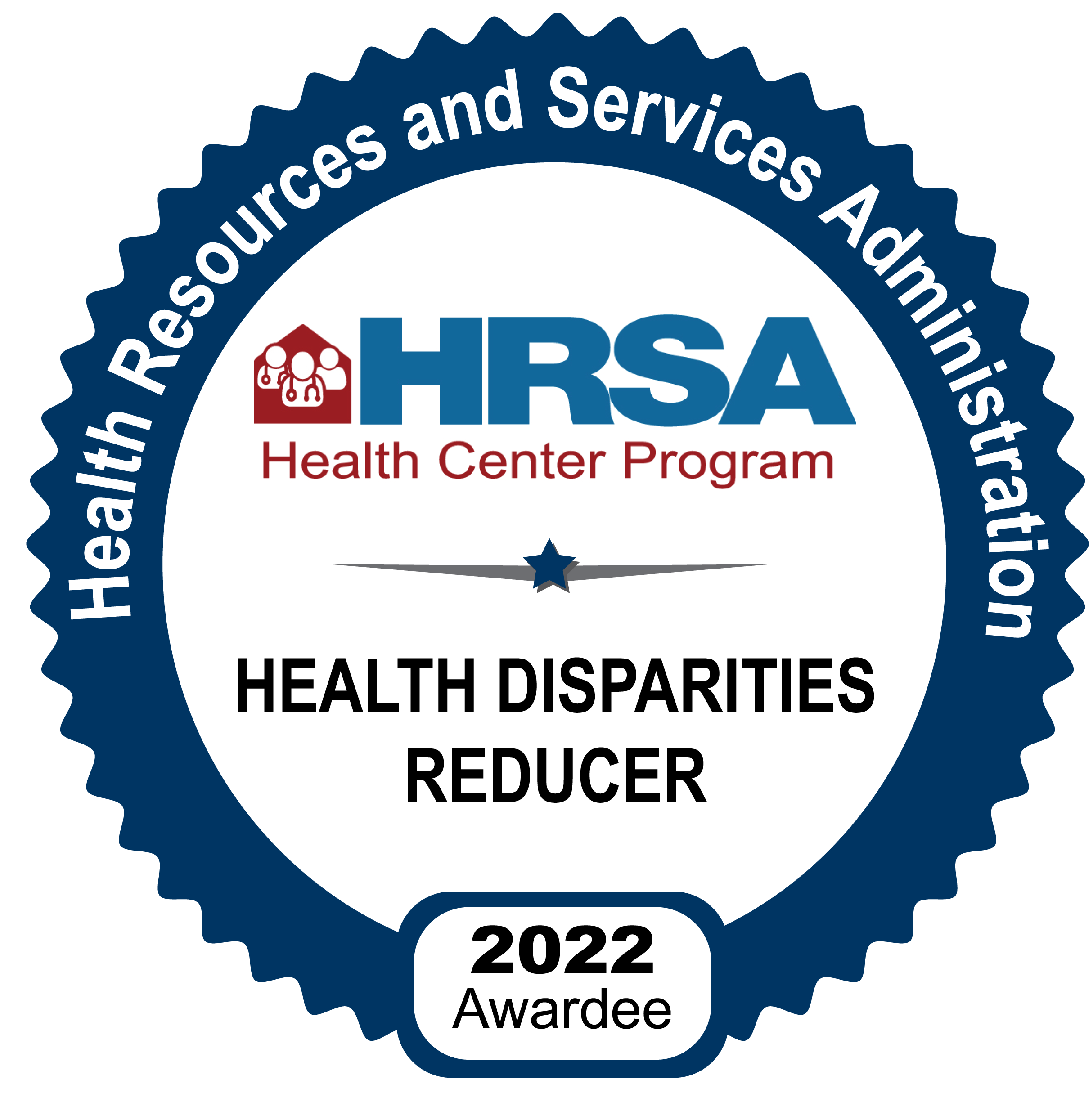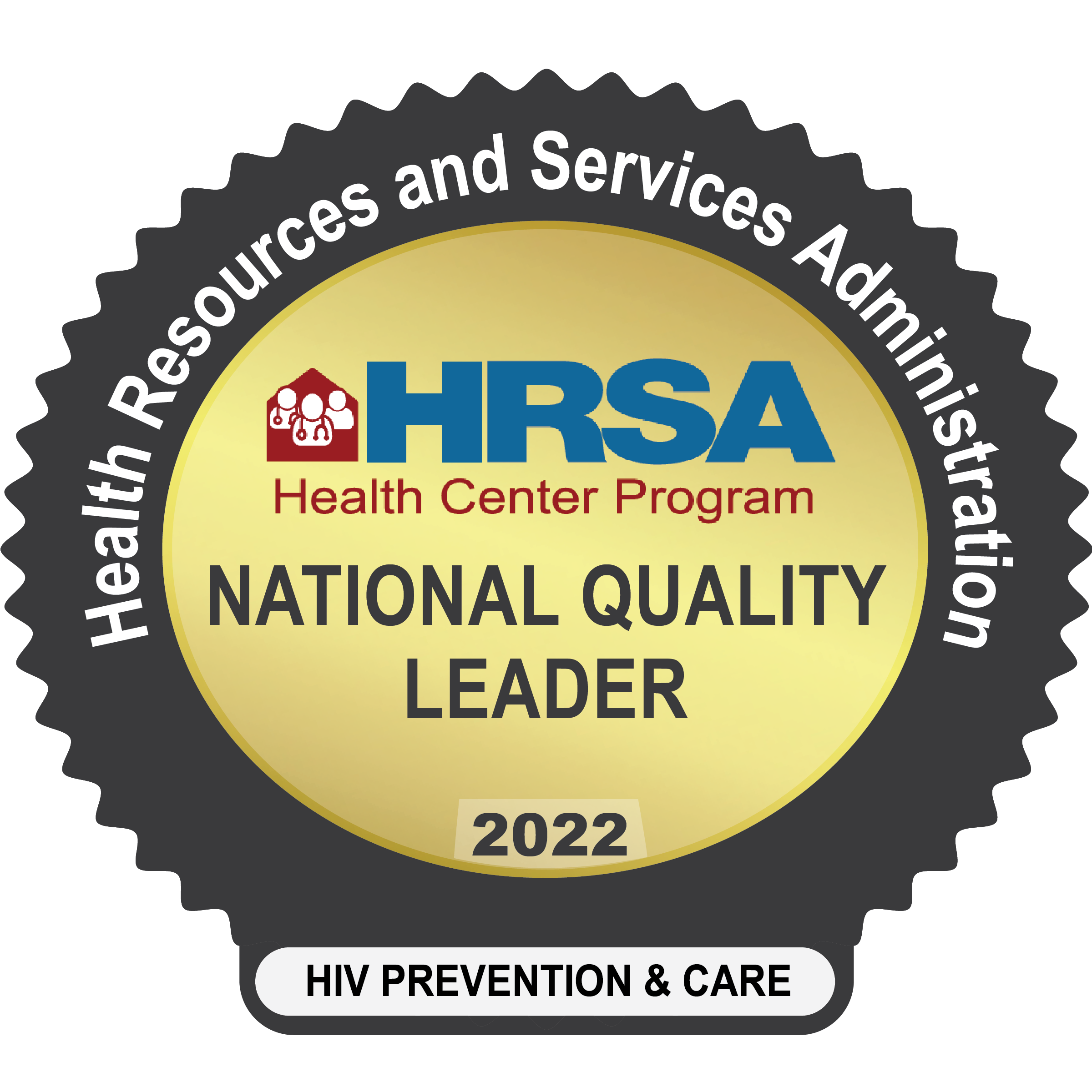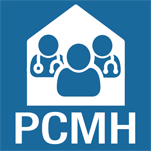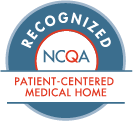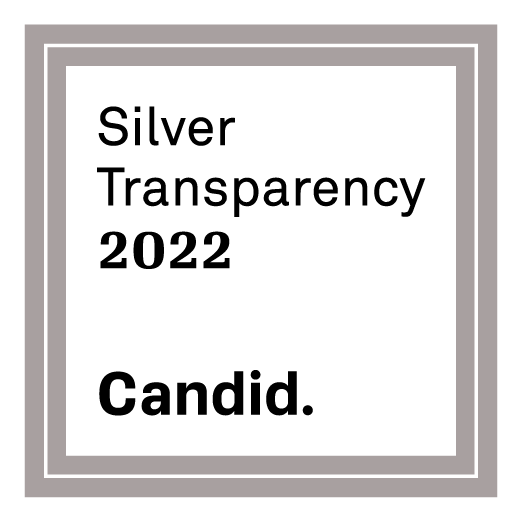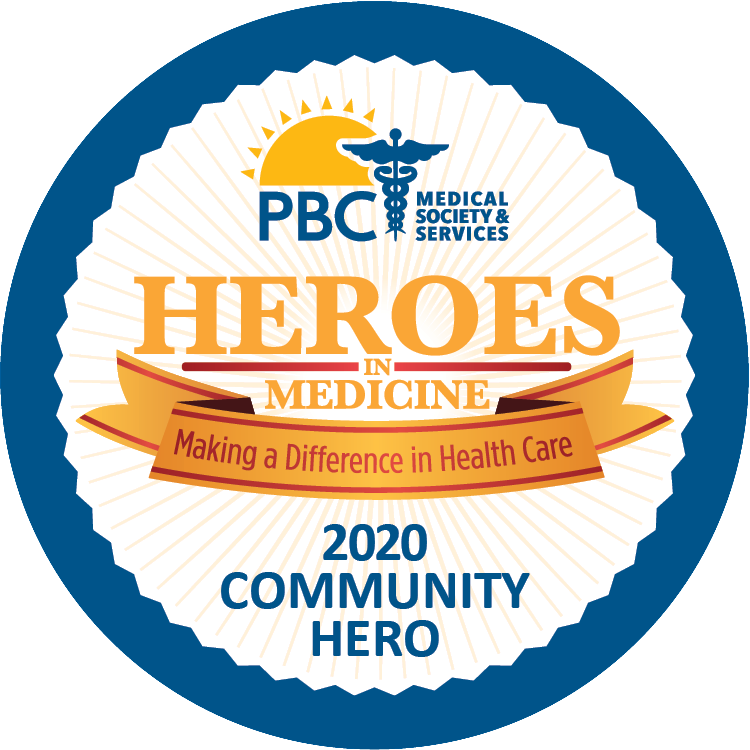To make the most of your insurance plan, it helps to understand how insurance works and how you are covered, especially if you want to avoid paying more than expected for your care. In this week’s blog post, we cover the most common insurance terms you should know.
Premium: Your premium is what you pay your insurance company for having an active health plan. Most people pay their premiums every month, but payments can also be due once a year or once a quarter.
Copay (Co-Payment): Your insurer, not your doctor’s office, sets the out-of-pocket amount you pay when you receive care (copay). The amount of your copay can be a percentage of the total cost of a doctor’s visit, prescription, or procedure, or a flat-rate amount depending on your health plan.
Deductible: The amount you pay out-of-pocket before your health insurance begins to pay for some of your medical expenses is your deductible (see coinsurance). For example, if your deductible is $1,000, you will pay the first $1,000 for medical services out of your pocket before your health insurance will start paying.
Coinsurance: After you meet your plan's deductible, the out-of-pocket amount you pay is the coinsurance. One of the most common coinsurance breakdowns is the 80/20 split. Under the terms of an 80/20 coinsurance plan, your insurance pays 80% of your medical costs, while you pay the remaining 20%. Most health insurance policies include an out-of-pocket maximum that limits the total amount you would pay for care in a given period.
Out-of-Pocket Maximum: The most you have to pay for covered services in a plan year is your out-of-pocket maximum. After you spend a certain amount on deductibles, copayments, and coinsurance for in-network care and services, your health plan pays 100% of the costs of covered benefits. The out-of-pocket limit does not include your premium (the amount you pay for health insurance on a monthly, yearly, or quarterly basis).
Generic Medication: Generic medications have the same active ingredients as brand-name versions, are just as safe and effective, but cost much less. Generics are made once the original drug’s patent expires. Patents prohibit others from making and selling copies of the same drug.
In-Network / Preferred Provider: A healthcare provider or facility that has a contract with your health insurer or plan to provide services to you at a lower rate is referred to as an in-network or preferred provider. Some health insurance plans only cover care in-network, while other health plans cover both in-network and out-of-network care.
Out-of-Network: A healthcare provider or facility that does not have a contract with your health insurer or plan is considered an out-of-network provider. Not all health plans will cover you if you go out-of-network. You may have higher deductibles, copays, and coinsurance that apply to out-of-network care or be responsible for the full cost of medical services received through an out-of-network provider.
Excluded Services: Excluded services are services your health insurance plan does not pay for. Some of the most common excluded services are weight-loss surgery, private nursing care, infertility treatments, acupuncture, and cosmetic surgery.
Specialist: A specialist focuses on one specific medicine or condition. If your primary care doctor refers you to a specialist, it is important to call your insurer and confirm they are inside your network. Some of the most commonly used specialists include immunologists for allergies, dermatologists for serious skin issues, cardiologists for serious heart issues and high blood pressure, endocrinologists for those dealing with diabetes or thyroid issues, and gastroenterologists for digestive issues.
Primary Care Provider (PCP): PCP is an abbreviation used by health plans to refer to primary care physicians or primary care providers. When you join a health plan, you may be asked to choose a PCP who will oversee your care. Some health plans require you to get a referral from your PCP before you can get care from a specialist.

